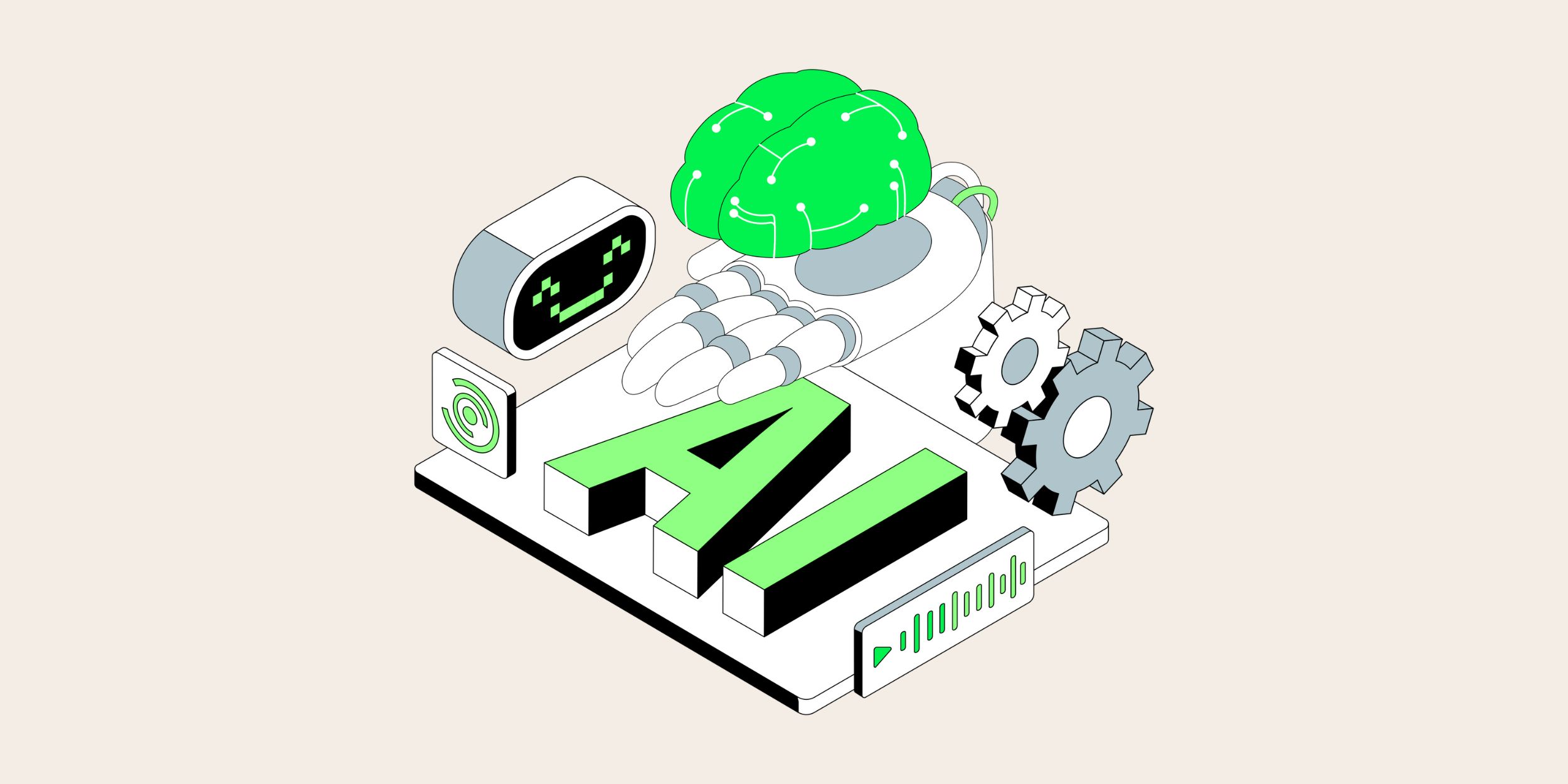Preparing for Microsoft Agentic AI in Dynamics 365

Microsoft’s announcement that Dynamics 365 is moving toward an Agentic AI model signals a shift in how businesses will interact with technology and data, moving away from systems that assist, towards systems that act. For operational leaders, this evolution demands new ways of thinking about control, readiness, and value creation.
Agentic AI represents the next stage in the Copilot journey. Where Copilot enhances human capability by assisting with tasks, Agentic AI introduces autonomy, enabling AI to plan, execute, and collaborate within defined boundaries. In practice, that means Dynamics 365 will begin to contain intelligent agents capable of completing multi-step processes, coordinating across applications, and initiating action on behalf of users.
For businesses, the implications are significant. Productivity gains will accelerate, but so will the need for AI governance, data access, and accountability. The leaders who succeed in this next phase will be those who treat AI as a digital partner to improve performance, rather than a glorified tool for automation.
Preparing for Agentic AI requires a strategic foundation built on data quality, operational structure, and cultural readiness. The goal is readiness to integrate intelligence responsibly and to scale innovation with clear guardrails in place.
From Copilot to Agent: Understanding the evolution
Copilot transformed Dynamics 365 by embedding contextual intelligence into daily workflows. It could draft summaries, recommend next steps, and interpret data within the CRM. Agentic AI takes this further. Instead of waiting for prompts, it will act proactively within set parameters, orchestrating activity between users, systems, and processes.
In practical terms, Copilot might help a sales manager prepare a forecast; an agent could generate that forecast, identify anomalies, and alert leadership to potential gaps automatically. Where Copilot enhanced productivity, Agentic AI introduces operational elasticity, the ability for work to progress continuously without constant human input.
This progression mirrors the evolution of business itself. Organisations moved from automation to augmentation and now to collaboration between human and digital colleagues. For leaders, this shift raises strategic questions about oversight, responsibility, and measurement.
The defining difference is intent. Copilot supports human intent; Agentic AI can interpret it. It learns what outcomes matter and executes aligned actions across Dynamics 365 applications, including Sales and Customer Service. The challenge is ensuring that intent, boundaries, and accountability remain visible and well-defined.
Businesses should view this evolution as an opportunity to re-examine how output flows through the organisation. Processes built for manual execution or linear automation will need rethinking for a world where AI operates independently but under governance. The success of Agentic AI depends on human architecture: structure, data, and leadership alignment.
Why readiness matters
Agentic AI is only as effective as the environment it operates within. If data is fragmented, workflows are unclear, or permissions are inconsistent, autonomy can amplify inefficiency rather than reduce it. The readiness challenge is, therefore, organisational rather than purely technical.
The first consideration is data quality. Agents rely on consistent, accurate, and well-structured information. Within Dynamics 365, that means eliminating duplicates, enforcing validation, and maintaining governance over ownership. Poor data hygiene leads to poor decisions, and when AI can act independently, the consequences multiply faster.
The second factor is process clarity. Agents execute within frameworks defined by business logic. When processes are ambiguous or vary between departments, outcomes become unpredictable. Documenting, mapping, and refining workflows ensures that autonomy supports consistency rather than chaos.
Finally, system alignment matters. Many businesses operate in partially integrated ecosystems. Agentic AI thrives in connected environments, where Dynamics 365 interacts seamlessly with Outlook, Teams, Power Platform, and external systems. Preparing for this means consolidating integrations, reviewing API dependencies, and ensuring permissions are clear and tiered.
Readiness should focus primarily on defining standards the company needs to follow. Features and functionality are a consideration, as the Agentic AI needs to work for you, not against you, but standards and governance need to underpin it all. Businesses must be intentional about how AI interacts with data, people, and processes. Leaders who invest in structure today will see acceleration instead of disruption.

Governance and oversight of Agentic AI
As AI becomes more autonomous, the governance model must evolve alongside it. Agentic AI introduces a dual responsibility: ensuring compliance and maintaining trust. Leaders must understand what AI does, why it acts, and under what authority.
The foundation of effective oversight lies in transparency because users need visibility into AI reasoning, actions, and data sources. Microsoft’s design for explainable AI within Dynamics 365 provides an important safeguard, but governance must extend beyond the platform itself. Policies should define acceptable actions, escalation protocols, and review processes.
Equally critical is data governance, asAgentic AI depends on structured, secure access. Permissions must reflect business hierarchy, and data classification should determine what AI can read or write. Introducing autonomy without control risks compliance exposure, particularly under GDPR and data residency laws.
Governance also requires human engagement because AI oversight falls within the leadership role. While there are technical elements to governance, the guardrails need to be defined by company leadership to ensure alignment with policy and the law. Regular audits, scenario testing, and ethical reviews ensure alignment with business objectives, standards and ethics. By combining human judgment with system monitoring, organisations maintain confidence in AI-driven outcomes.
A well-governed Agentic environment builds trust internally and externally as employees feel confident that the AI is acting responsibly, while customers benefit from more consistent, transparent experiences.
Governance should be seen as a means to sustain your AI agents and the autonomy they provide, as opposed to a constraint.
Preparing your Dynamics 365 environment
Transitioning to Agentic AI will not happen overnight and the most successful organisations will prepare gradually, focusing on practical steps that build maturity and capability.
- Audit your data foundation
Review CRM data hygiene, validation rules, and duplication handling. Clean data reduces ambiguity and increases the reliability of AI actions. - Map critical processes
Identify which workflows could benefit from autonomous execution. Document exceptions and dependencies clearly so that agent behaviour remains predictable. - Strengthen governance structures
Establish policies for AI access, monitoring, and escalation. Define ownership across departments, ensuring shared accountability between IT, operations, and leadership. - Upskill teams
Equip managers and end users with training on working alongside AI. Understanding how to interpret, supervise, and correct agent behaviour builds confidence. - Adopt a pilot approach
Start small. Choose a process with clear rules, measurable outcomes, and low risk. Learn from the results before scaling across teams or functions.
The aim is to create an environment where AI can operate confidently within guardrails, amplifying performance without introducing risk.
Leaders should also consider cultural readiness as Agentic AI changes how accountability feels inside an organisation. Decisions will increasingly emerge from shared human-AI interaction, so success depends on transparency, inclusion, and trust; values that extend beyond technology.
Balancing autonomy and accountability
Adopting Agentic AI in Dynamics 365 is a leadership responsibility as well as a highly complex technical exercise. The role of the COO, CRO, or Operations Director will evolve from managing process to governing intent.
Leaders will need to define boundaries while empowering innovation, which will be a delicate balance to strike. Excessive restriction can limit progress, while insufficient control can compromise trust. The key lies in creating frameworks that encourage experimentation while maintaining oversight.
Communication plays a central role because employees need to understand how Agentic AI operates, what decisions it can make, and how outcomes are verified. This transparency prevents anxiety and reinforces a sense of shared ownership over success.
As Microsoft integrates Agentic AI into Dynamics 365, leaders should think in phases:
- Assist
- Collaborate
- Delegate
The objective is to unburden people from repetitive tasks, enabling them to focus on strategy, creativity, and customer value. Leadership maturity will determine how effectively organisations navigate this transition. Technology will evolve quickly; governance and culture must be one step ahead.
Preparing for Agentic AI
Microsoft’s Agentic AI represents a significant step toward intelligent, adaptive business systems. Within Dynamics 365, it will reshape how organisations sell, serve, and operate. The transition will challenge leaders to think differently about data, process, and accountability, but those who prepare now will define the standard for the next decade of CRM transformation.
Readiness begins with structure, clean data, mapped processes, and active governance. These will provide the conditions where autonomy can add value responsibly. When these foundations are in place, Agentic AI becomes a force for acceleration rather than disruption.
QGate helps organisations prepare for this shift. Our approach combines CRM transformation expertise with practical AI readiness frameworks to ensure Dynamics 365 environments are structured, secure, and scalable for the next generation of intelligence.
Talk to us about preparing your business for Microsoft Agentic AI and building a CRM environment ready for the intelligent future.






















